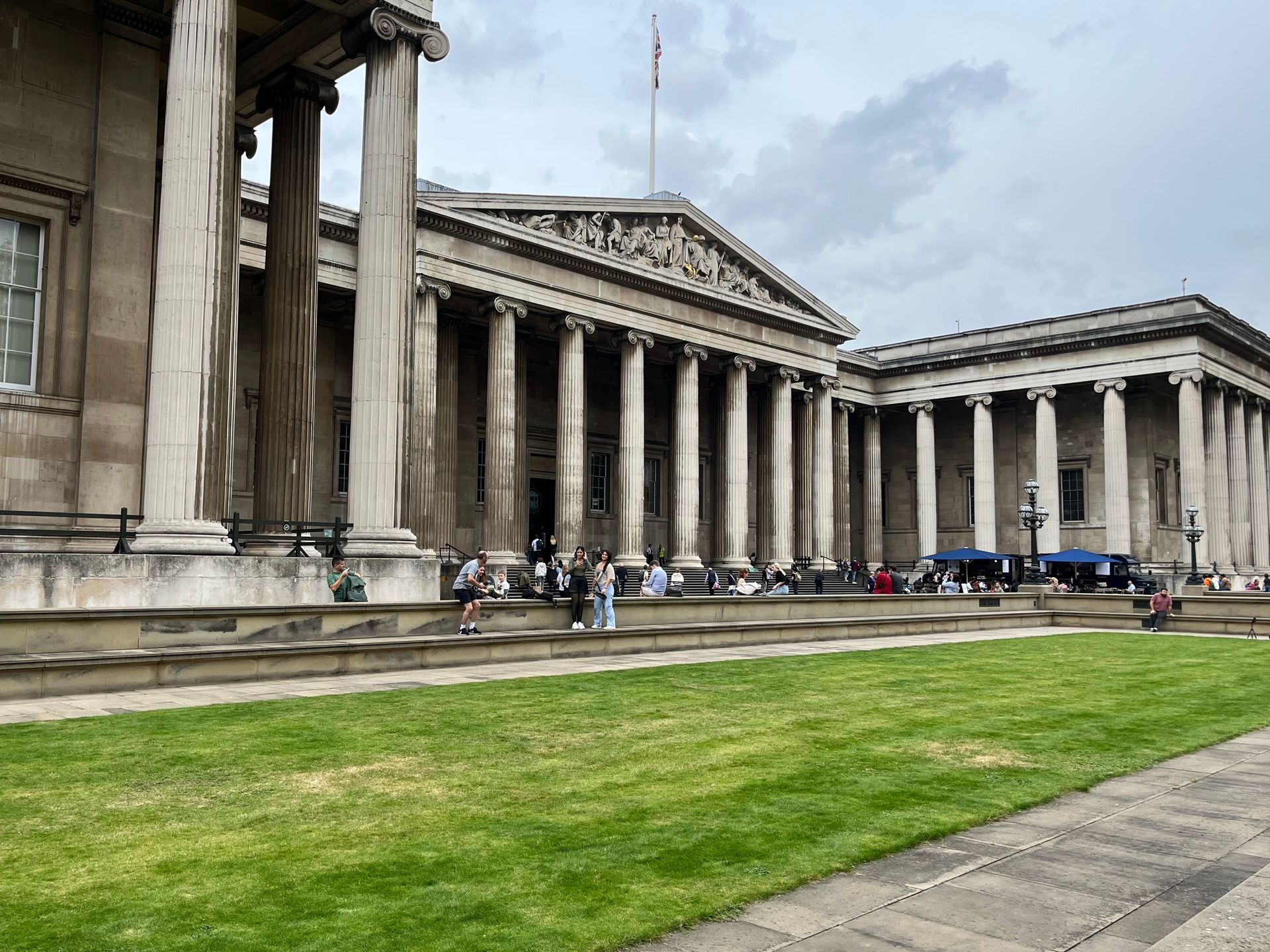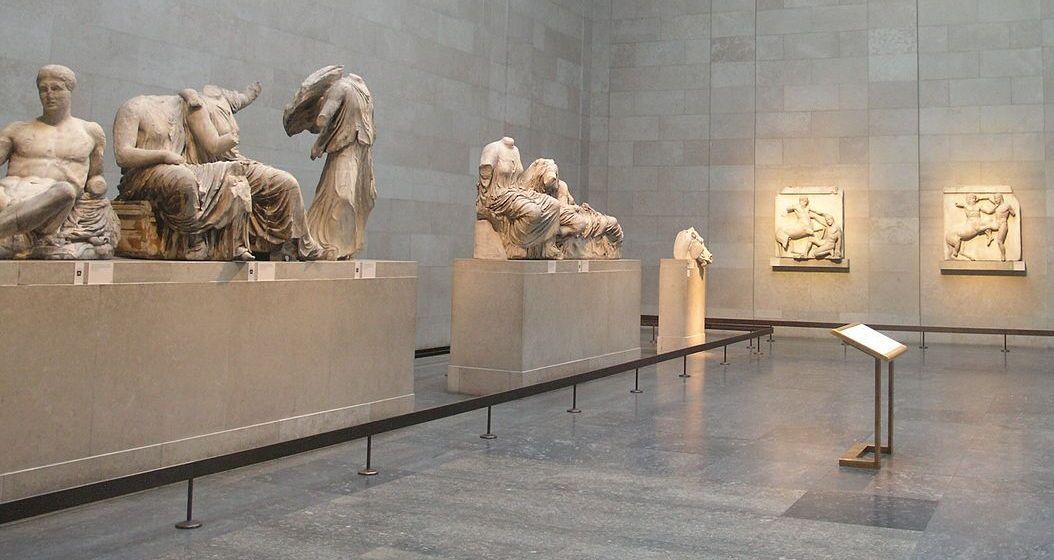Cultural Restitution
There was always a risk that implementation of the controversial Sarr-Savoy report, commissioned by President Macron of France, would backfire.
Eight months after the report recommended the restitution of any object ‘taken by force or presumed to be acquired through inequitable conditions’ from sub-Saharan Africa, official in France enthusiasm is still wanting.
Opening a surprisingly low-key symposium at the French Academy in Paris on the 4th of July, French culture minister Franck Riester stated that France is prepared to “examine all requests presented by African nations”. However, there was no wholehearted endorsement for the report’s main recommendation, which is to prepare for the return of all items seized ‘without consent’ from Africa and now residing in French public collections. The minister actually went further by advising the 200 professionals attending the conference not to “focus on the sole issue of restitution” but instead to consider the wider concept of "cultural circulation". In other words, loans and temporary exhibitions.
This all suggests there's still no official appetite to implement its principal recommendation to return African works of art, described as an "awesome challenge" by Stephane Martin, president of the Musée du quai Branly in Paris. Home to France’s national collection, the museum would find itself stripped of tens of thousands of African artefacts.
On the face of it, the 108-page report, prepared by French historian Bénédicte Savoy and the Senegalese economist Felwin Sarr, is uncompromising about France’s need to respond favourably to all requests for restitution - unless, that is, the specific consent of the original owner can be confirmed. The absence of documentation for many objects providing such consent is probably why the French National Assembly is so reluctant to debate and approve the report.
There's no doubt the criteria proposed by the authors for meeting the test for return are strict, although the report does make passing reference that a wholesale restitution of every object is not in their sights. ‘No one in France or Africa,’ they write, ‘forsees the return of the entirety of these historically formed ensembles’.
However, where the report does fail the President's original brief is the total absence of any review or recommendation for the “temporary or permanent restitution of African patrimony to Africa”, as suggested by President Macron. Accommodating loan arrangements seems off the authors' agenda.
Meanwhile, as one side of government seems intent on diluting prospects for implementation, another is keeping its foot firmly on the accelerator.
The French Development Agency has just announced they’re giving the west African city of Abomey a €20m loan to help fund the construction of a new museum, intended to house the 26 Benin sculptures, bronzes and a throne that President Macron promised to return last November. The items were plundered by French troops during the Second Franco-Dahomean War (1892-1894) and are among some 5,000 Benin artefacts held in French collections. The new museum will be located on a UNESCO World Heritage site that comprised the 12 royal palaces of the former Kingdom of Dahomey and is scheduled to open in 2021.
Photo: King with two attendants. 16th century Brass plaque from Benin, Nigeria (detail) . Berlin
Courtesy of Peter Horree/Alamy Stock Photo
More News
Subscribe
Receive free updates on recent restitution news
Join the Newsletter
We will get back to you as soon as possible
Please try again later
CREDITS
Frieze block from the Temple of Athena, The Acropolis Museum, Athens
Acropolis photos courtesy of Anna Oikonomou
–
Site Design by
beckon.
All Rights Reserved | Returning Heritage



